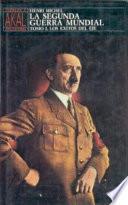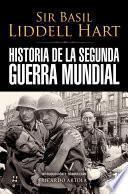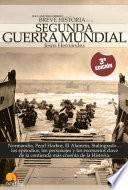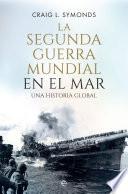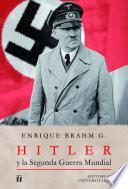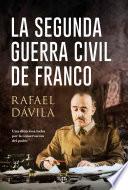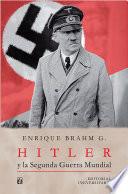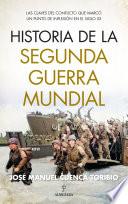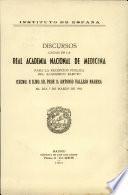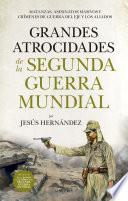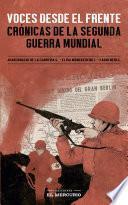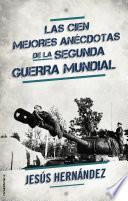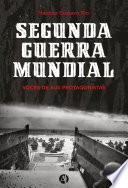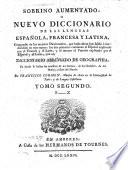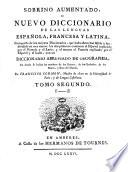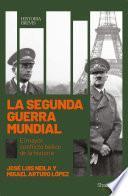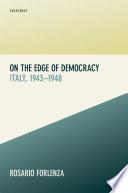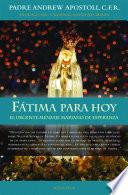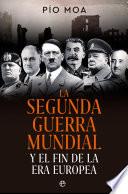
La Segunda Guerra Mundial
Autor: Pío Moa
Número de Páginas: 335A menudo se ha interpretado la Segunda Guerra Mundial como el suicidio de Europa, y hay pocas dudas de que supuso el apagón de esta como foco y motor que había sido de la historia humana durante cuatro siglos y medio, en lo que puede llamarse Era Europea. Aquel colosal conflicto ha sido enfocado y narrado de muchos modos. Este estudio traza una sinopsis de la evolución militar y de las grandes políticas implicadas, para dedicar atención preferente al que sería su verdadero núcleo generador: el antagonismo entre las ideologías liberal-capitalista, comunista-soviética y fascista-nazi, nacidas las tres, paradójicamente de la misma raíz: el culto a la razón desde el Siglo de las Luces o Ilustración. Pese a la implicación y repercusiones mutuas entre dicha guerra y España, hay muy poca bibliografía propia española. Sin embargo, la Era Europea empieza precisamente con las exploraciones mundiales desde finales del siglo XV y el freno a la expansión islamo-otomana. Tiene interés, acaso más que simbólico, que España comenzara dicha era y se abstuviera en su catastrófico final. Pío Moa examina en este libro, por tanto, la que podríamos llamar historia íntima de...
